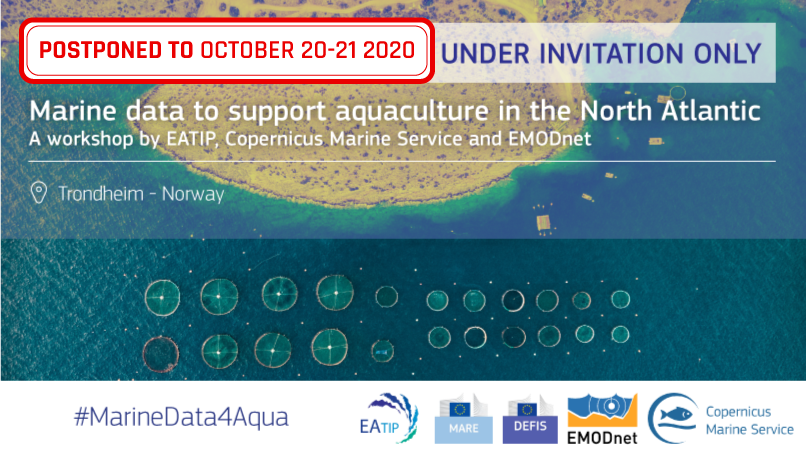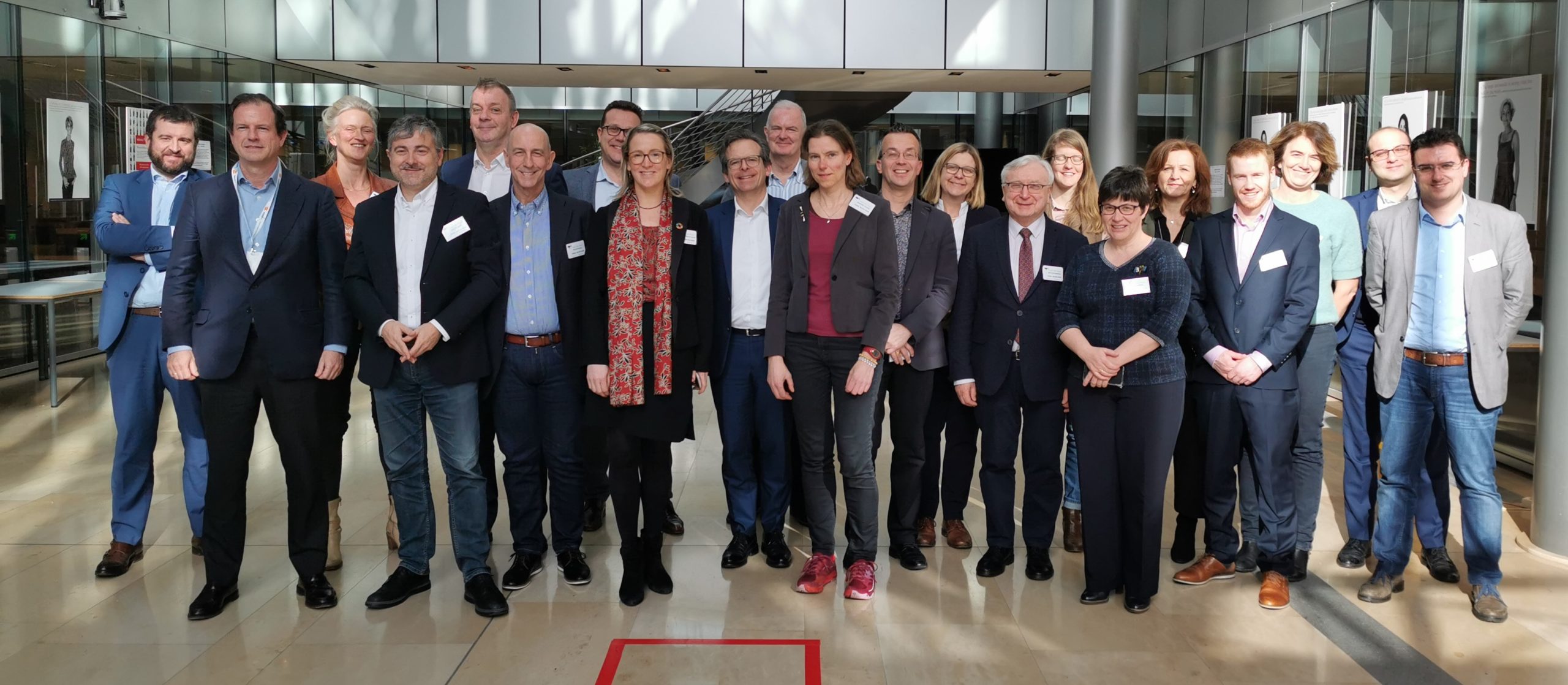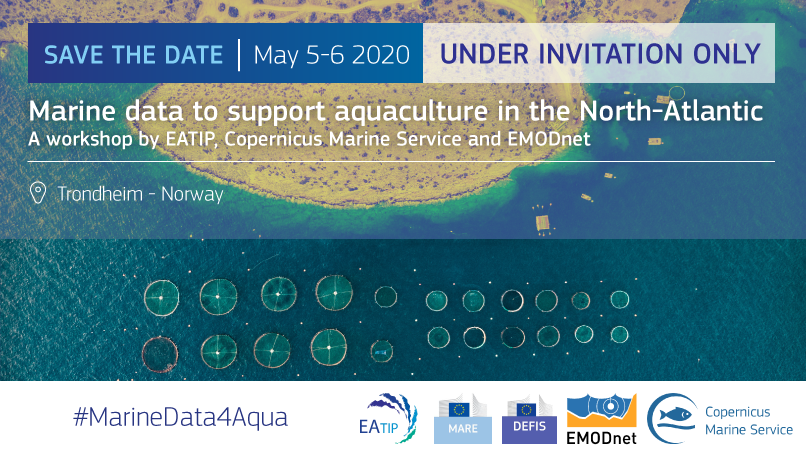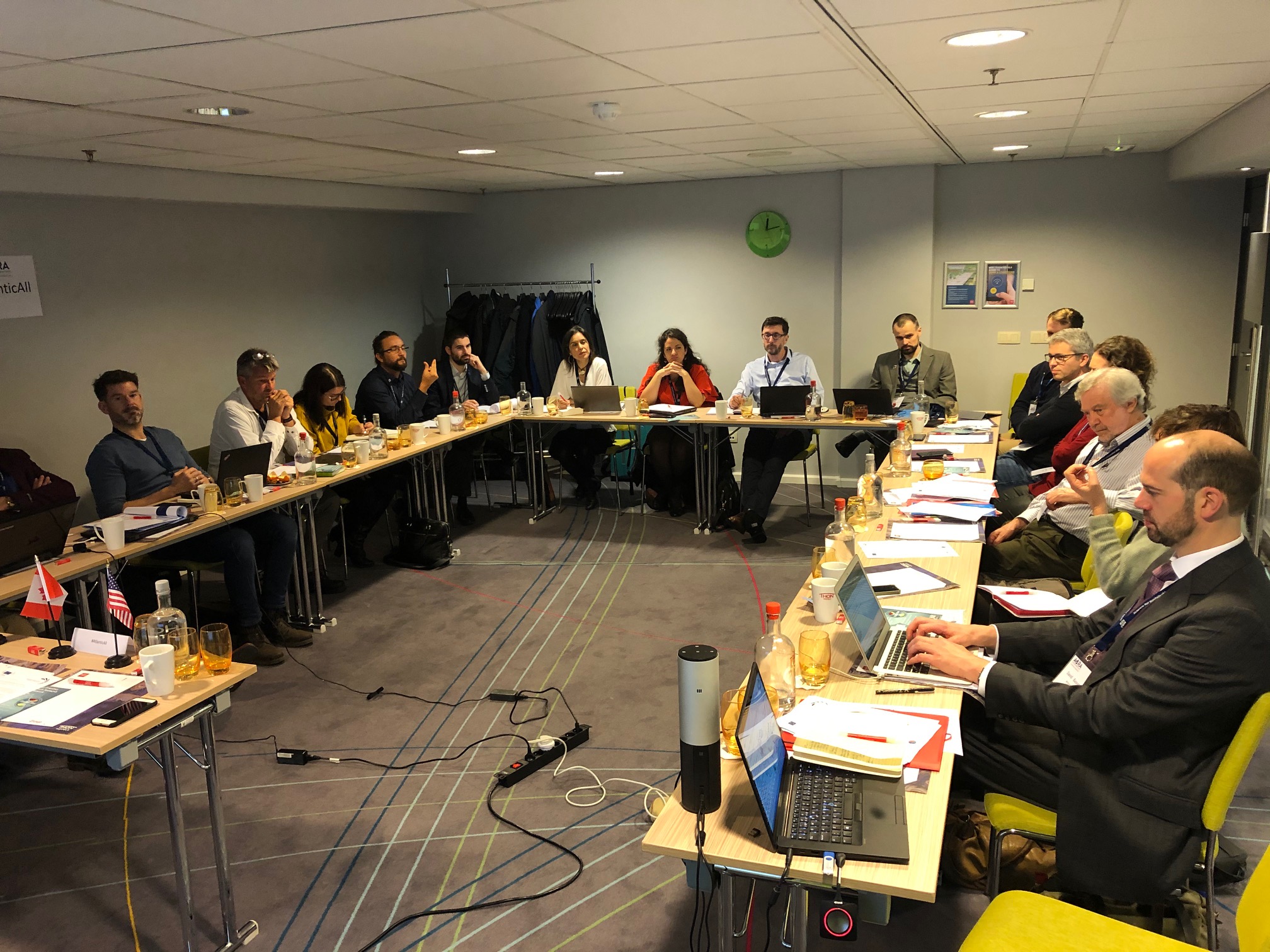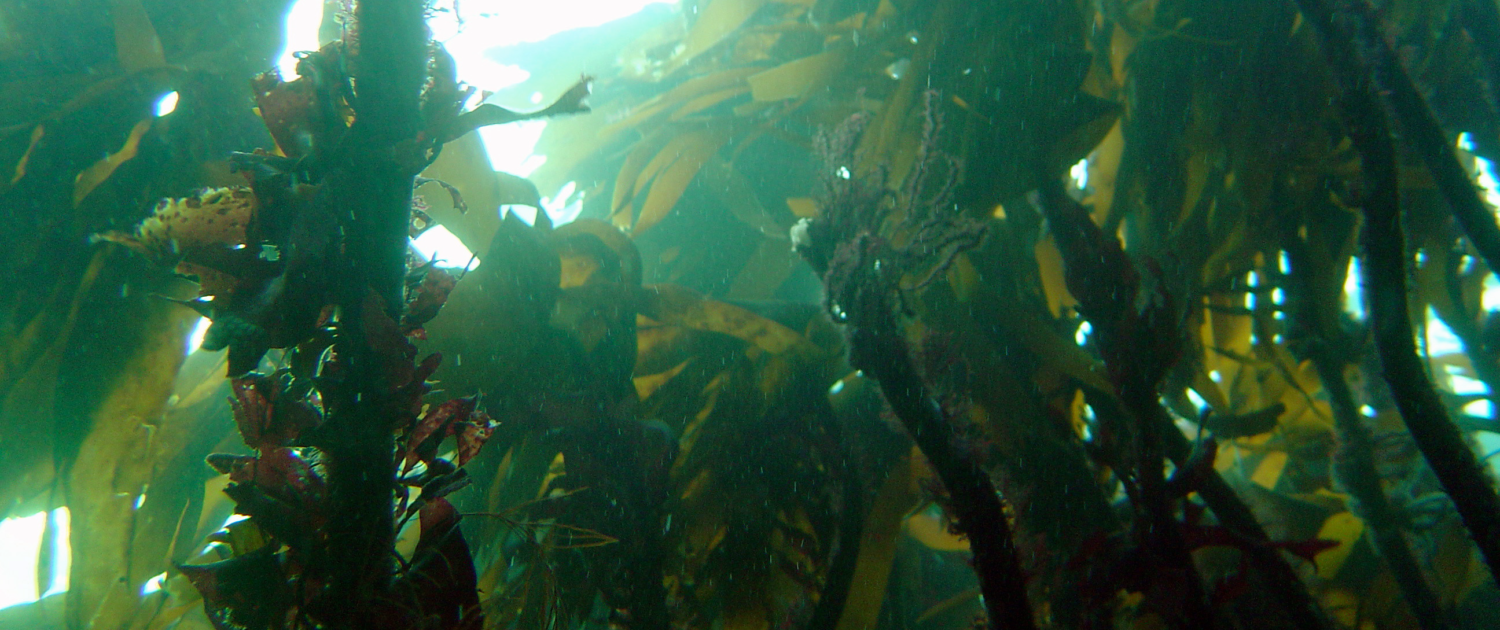EATiP and other food sector Technology Platforms call for a more ambitious budget for Horizon Europe
In trying to provide the right framework for an economic recovery from the COVID-19 pandemic European Heads of State and Government agreed earlier this week on the Union’s budget for 2021-2027. Whilst the Council decision provides a clear direction for a rapid decision later this fall, the reduced fund allocated to the Research Program Horizon Europe are a concern. Investment in Research and Innovation (R&I) are fundamental to improve food security and the sustainability of EU food systems and ensure its transition in line with the Green Deal objectives.
Together with the European Technology Platforms FABRE, Plants for the Future, TP Organics, the National Food Technology Platforms and the Animal Task Force, EATiP addresses an urgent message to the European Council, European Parliament and European Commission on the importance of R&I to support robust and resilient food, agricultural and aquaculture systems.
Read the common statement HERE.


